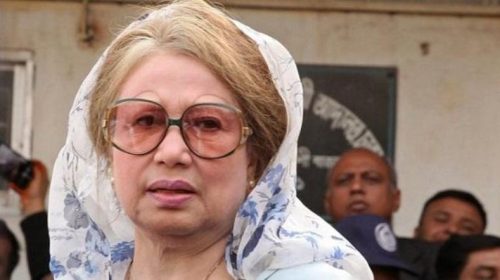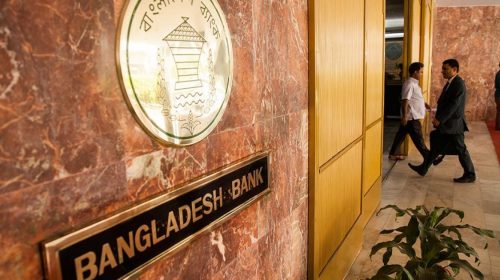According to the BPM-6 method recommended by the International Monetary Fund, the country’s foreign exchange reserves declined by $83 million in the span of a week, reaching $19.94 billion as of Thursday.
Experts attribute the depleting health of the reserves to the continuous selling of dollars by the central bank.
Former Bangladesh Bank governor Saleh Uddin Ahmed told that reserves are falling because the Bangladesh Bank is constantly selling dollars while the inflow of foreign currency has decreased.
He said the main reason for the dollar crisis in Bangladesh is the decrease in inflows and that it will not end until the inflows increase.
Questioning the government’s restrictions on imports to reduce the outflow of dollars, Saleh Uddin said, “How long will this last? The restriction will need to be removed at some point for the sake of the country. If capital machinery is not imported from abroad, industry production will be disrupted, employment will fall, and national growth will go down along with it. So, these restrictions have to be withdrawn at some point.”
He also blamed the decrease in export earnings and remittances for the dollar crisis, urging the need to increase export and remittance income.
He also noted that any increase in the incentive on remittance will not solve the problem.
“Another method must be found out such as the diversification of exports. Our country’s export sector is dependent on only one product (manufactured garments). Exports should be encouraged with incentives in other sectors. Besides, it is very important to create export markets outside of Europe and America,” the former governor added.
Saleh Uddin also said another way to solve the dollar crisis is by bringing in foreign investments. “Market regulation may not benefit from crawling pegs. If the country can be made investment-friendly, the dollar inflow will increase.”























